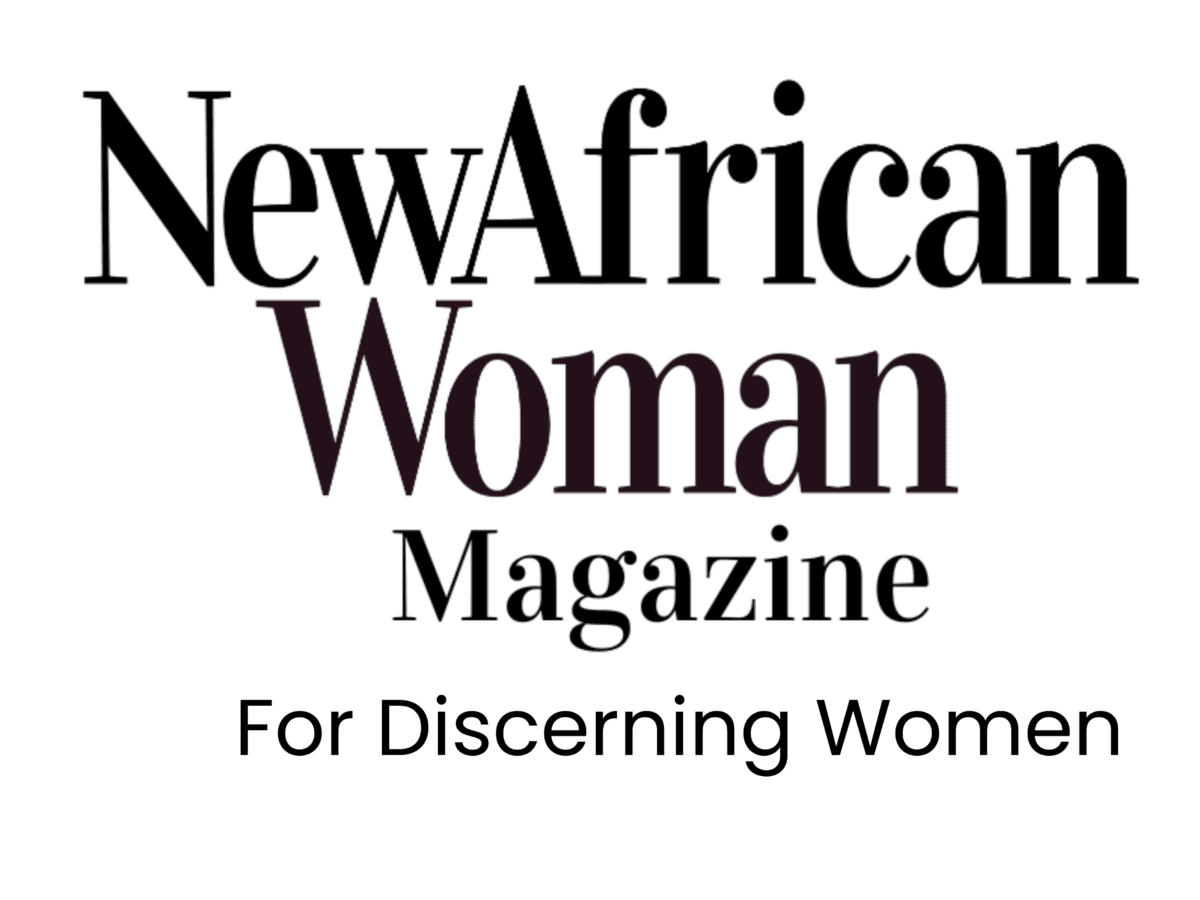UN Women Report Reveals Stark Gender Inequality in Social Protection: Over Two Billion Women and Girls Left Behind

A newly released UN Women report has unveiled a staggering statistic. There are over two billion women and girls globally who lack access to essential social protection services. These include unemployment benefits, pensions, and healthcare. Sarah Banda explores.
The findings, published ahead of the International Day for the Eradication of Poverty on October 17, emphasize the urgent need for targeted interventions to address the widening gender gaps in social welfare systems worldwide.
While strides have been made in expanding social protection since 2015, the report highlights that these advancements have disproportionately benefited men, leaving women increasingly vulnerable to poverty.
In most developing regions, women continue to be excluded from critical social support, with devastating consequences for their health, economic security, and well-being.
Maternity Protection: A Global Crisis
One of the most alarming findings of the report is the inadequate maternity protection available to women around the world. Despite global efforts to improve these systems, 63% of women still give birth without any form of maternity benefits. In sub-Saharan Africa, this number climbs to a staggering 94%.
The lack of financial and healthcare support during maternity not only endangers women’s health but also perpetuates cycles of poverty, as women are forced to choose between earning a living and caring for their newborns.
“Social protection is a lifeline for millions of women and girls, yet too many are left behind. The potential of social protection for gender equality, resilience, and transformation is enormous. To harness this, we need to centre the dignity, agency, and empowerment of women and girls at every stage of the process—from policy and programme design to delivery and financing,” said Sarah Hendriks, Director of the Policy, Programme, and Intergovernmental Division at UN Women.
Economic and Social Inequalities Persist
The report paints a stark picture of gendered poverty, with women aged 25-34 being 25% more likely than their male counterparts to live in extreme poverty. This vulnerability is heightened in regions facing conflict and climate change, where women are 7.7 times more likely to live in extreme poverty than those in more stable environments.
Furthermore, recent economic shocks, such as the high inflation rates seen since 2022, have disproportionately impacted women. Rising food and energy prices have exacerbated their financial struggles, yet only 18% of nearly 1,000 social protection measures introduced in 171 countries were designed to safeguard women’s economic security.
Global Efforts Show Promise, But More is Needed
Despite the challenges, the report also highlights examples of progress. Countries like Mongolia have extended maternity leave benefits to informal workers, including herders and the self-employed. Mexico and Tunisia have taken steps to include domestic workers in their social security systems, while Senegal has expanded its National Health Insurance scheme to reach rural women, with support from UN Women.
These success stories demonstrate the transformative potential of gender-responsive social protection systems, yet the report stresses that much more must be done to ensure that all women and girls have access to the support they need.
Moving Forward: Prioritizing Women and Girls
UN Women is calling on governments around the world to prioritize women and girls in their social protection measures, especially as the global community prepares for critical discussions on gender equality. The report underscores that without decisive, gender-sensitive reforms, efforts to eradicate poverty will continue to fall short, leaving millions of women and girls trapped in a cycle of deprivation.
As the global community approaches the International Day for the Eradication of Poverty, the findings serve as a stark reminder of the work still needed to ensure that all women and girls can access the support they need for a dignified and empowered life.
For more information on the report and to access it, visit: [UN Women Digital Library].

















